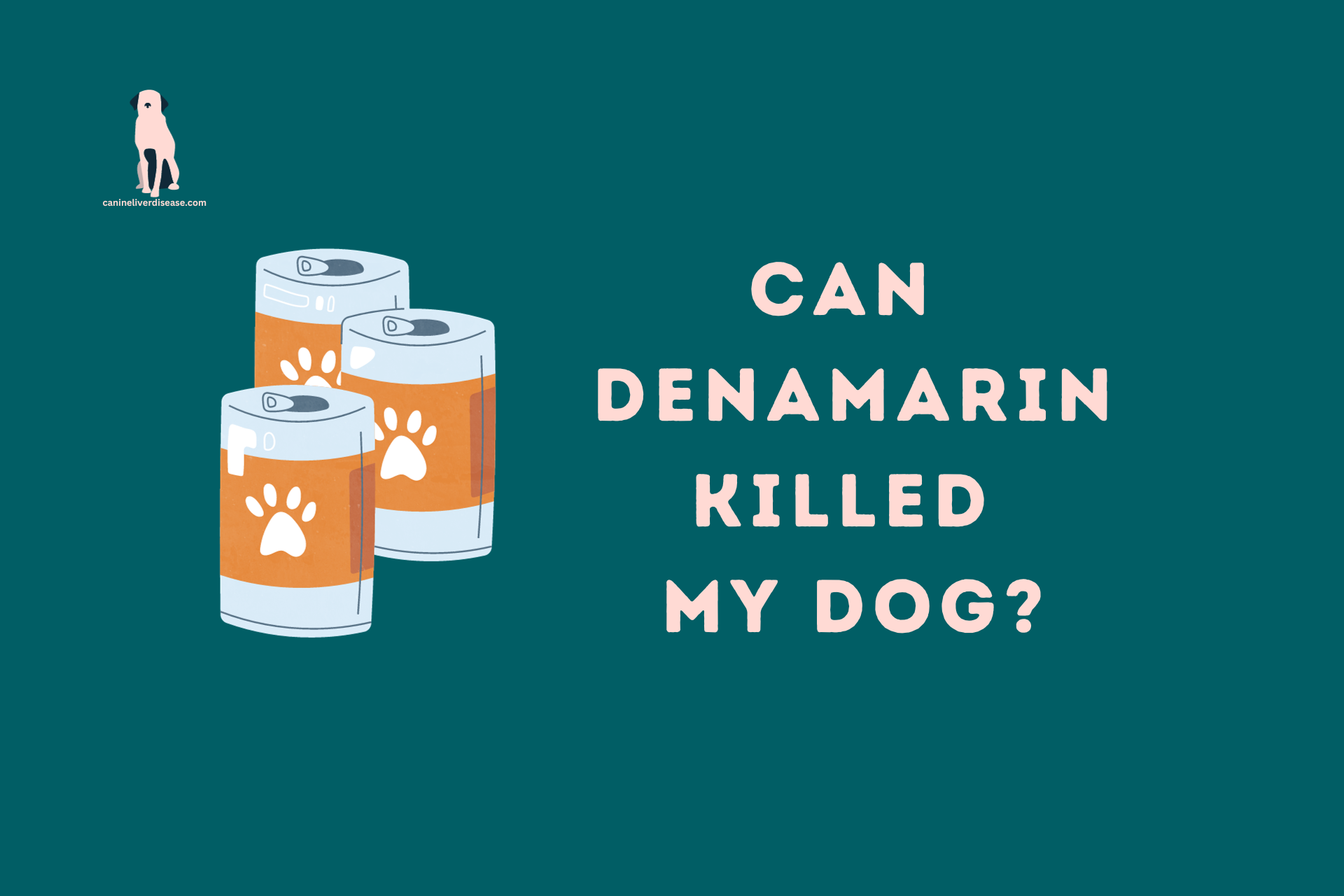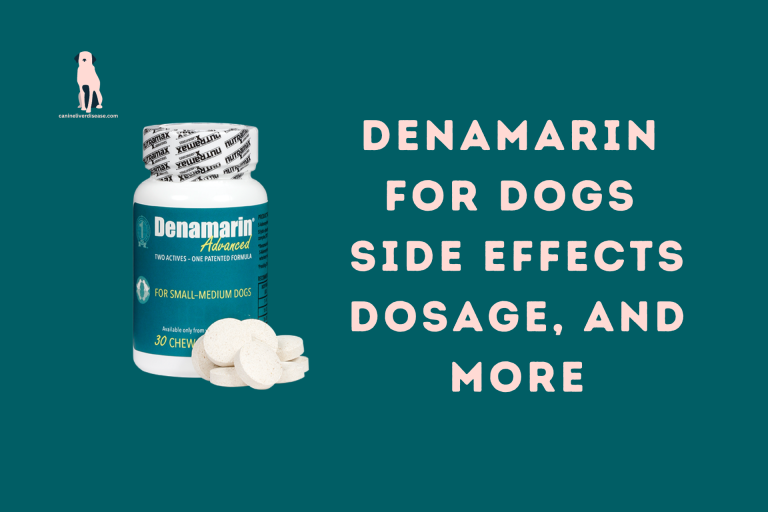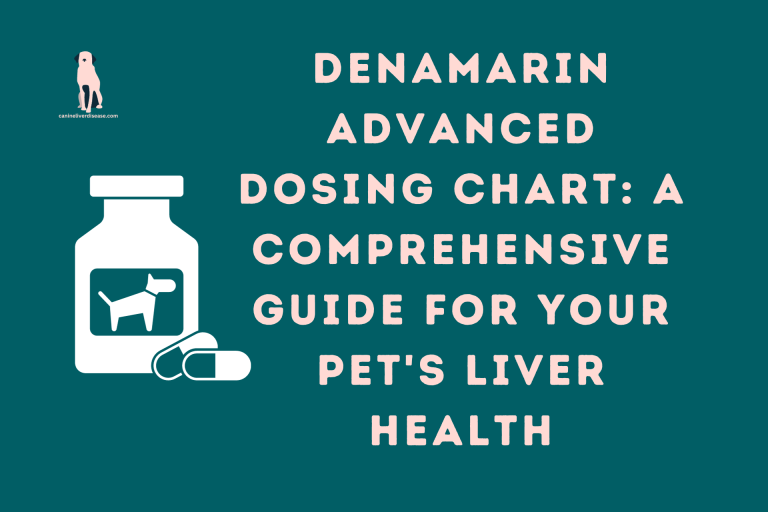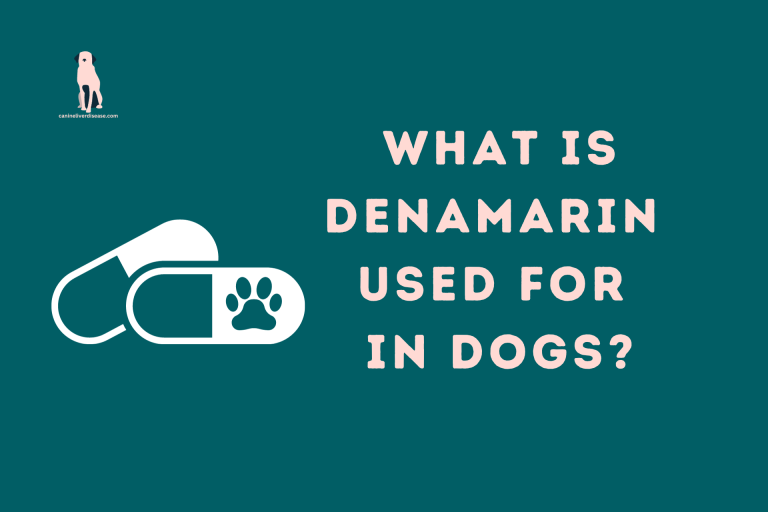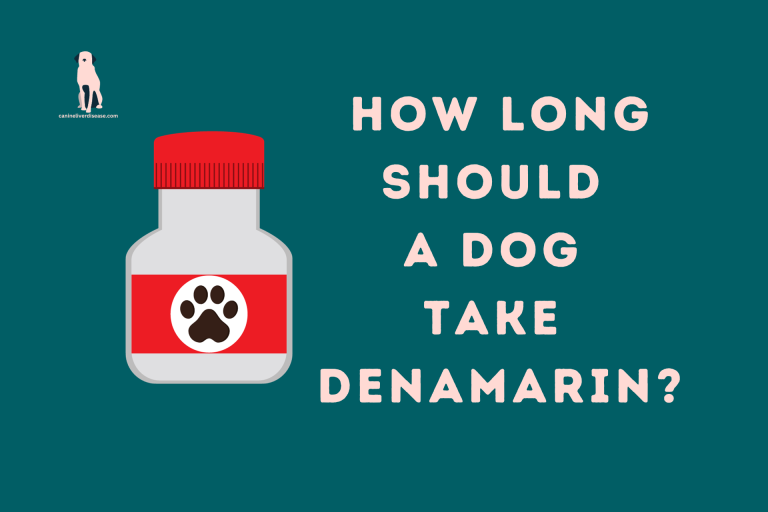Can Denamarin Killed My Dog?
Quick Answer: Denamarin can potentially harm your dog if not used correctly, but it’s not likely to cause death when used as directed.
Hello there, concerned pet owners! If you’re reading this, chances are you care deeply about your furry friends’ well-being, and you’ve come across the term “Denamarin.”
This article will explore Denamarin and its potential effects on our beloved canine companions.
Introduction
Denamarin is a popular supplement used to support liver function in dogs. But can this seemingly helpful product have adverse effects on our pets? Let’s delve into this topic to ensure the safety and health of our four-legged family members.
Understanding Denamarin
Before we discuss any potential harm, it’s crucial to understand what Denamarin is. Denamarin combines two active ingredients, S-adenosylmethionine (SAMe) and silybin, derived from milk thistle. These components are believed to promote liver health in dogs.
How Denamarin Works
Denamarin works by providing essential nutrients that aid in liver function. SAMe, in particular, plays a crucial role in detoxifying the liver and supporting its regenerative abilities. Silybin acts as an antioxidant, further protecting the liver from damage.
Can Denamarin Harm Dogs?
The answer to this question isn’t a straightforward “yes” or “no.” Denamarin itself is generally considered safe when used as directed. However, several factors can influence its impact on dogs.
Factors Influencing Denamarin’s Impact
The effects of Denamarin can vary based on factors such as the dog’s breed, age, size, and overall health. It’s essential to consult with a veterinarian before starting any new supplement regimen for your dog, as they can provide personalized guidance.
Signs of Adverse Reactions
While rare, some dogs may experience adverse reactions to Denamarin. These can include gastrointestinal upset, lethargy, or allergic reactions. If you notice any unusual symptoms in your pet, it’s essential to seek veterinary advice promptly.
Consultation with a Veterinarian
When it comes to your pet’s health, consulting with a veterinarian is paramount. They can evaluate your dog’s specific needs and recommend the most suitable liver support options, which may or may not include Denamarin.
Alternative Liver Supplements
If you have concerns about Denamarin, rest assured that alternative liver supplements are available. Your veterinarian can recommend options that align with your dog’s health requirements.
Preventive Measures
Always follow the recommended dosage instructions for Denamarin or any other supplements to minimize the risk of any adverse effects. Additionally, monitor your dog closely for any unusual changes in behavior or health.
Real-Life Experiences
It’s always helpful to learn from others’ experiences. In this section, we’ll share real-life stories from pet owners who have used Denamarin and their positive and negative outcomes.
The Importance of Responsible Usage
In conclusion, Denamarin can be a valuable tool in supporting your dog’s liver health, but it has potential risks. Responsible usage, regular consultation with a veterinarian, and keen observation of your pet’s well-being are essential to ensure their safety and well-being.
FAQs
FAQ 1: What is Denamarin?
Denamarin is a liver supplement for dogs that contains SAMe and silybin, derived from milk thistle.
FAQ 2: Is Denamarin safe for all dogs?
Denamarin is generally safe when used as directed, but individual factors can influence its impact.
FAQ 3: How can I tell if Denamarin is harming my dog?
Watch for signs like gastrointestinal upset, lethargy, or allergic reactions. If you’re concerned, consult your veterinarian.
FAQ 4: Are there any natural alternatives to Denamarin?
Yes, there are natural liver support supplements available. Consult your veterinarian for recommendations.
FAQ 5: What should I do if my dog experiences adverse effects?
Seek immediate veterinary advice if you suspect Denamarin is causing harm to your dog.
Conclusion
In conclusion, while Denamarin can be a beneficial supplement for supporting your dog’s liver health, responsible usage and vigilance are key. While it’s not likely to cause harm when used correctly, always consult your veterinarian, monitor your dog for adverse reactions, and prioritize their well-being above all else. Your furry companion’s health and happiness are worth every effort.
